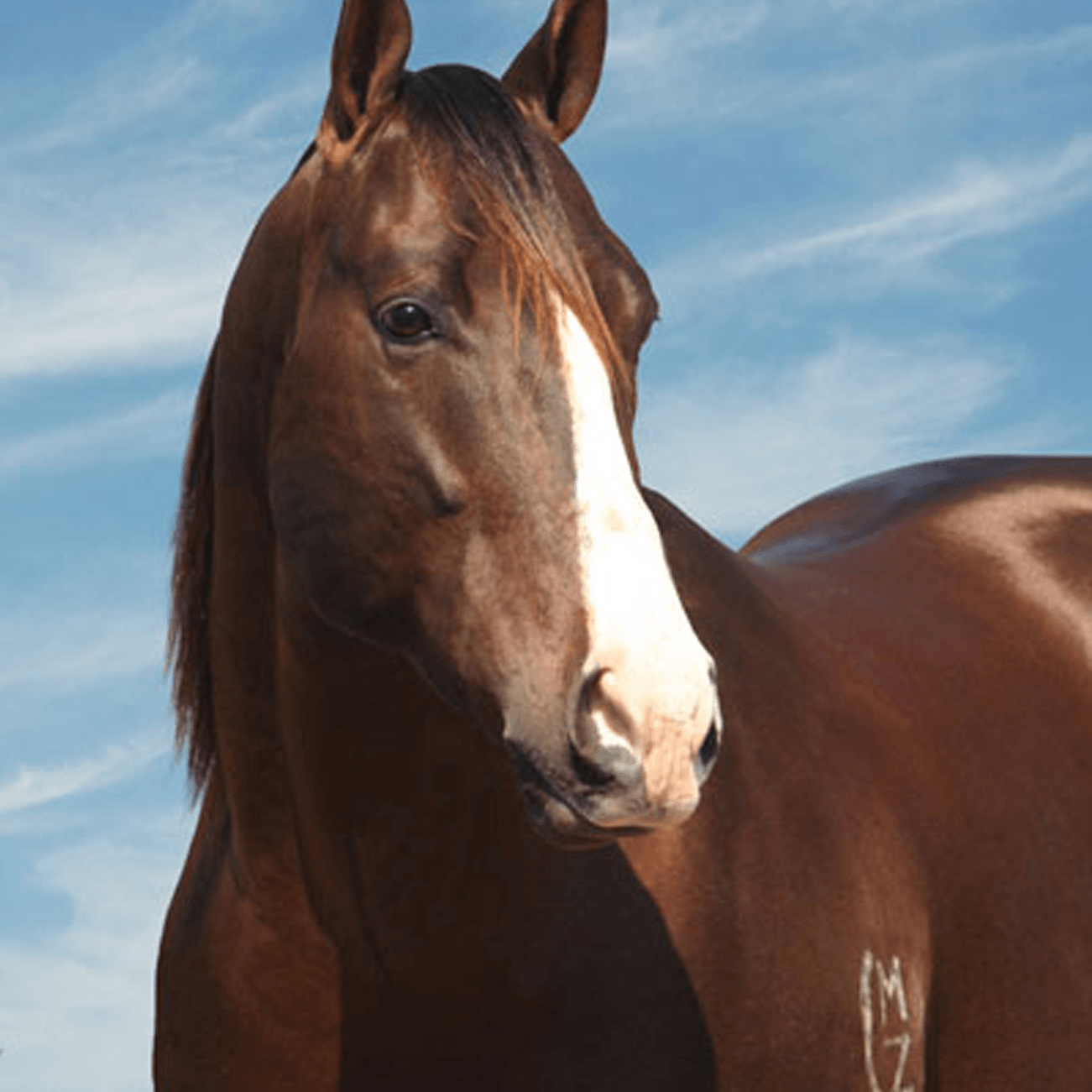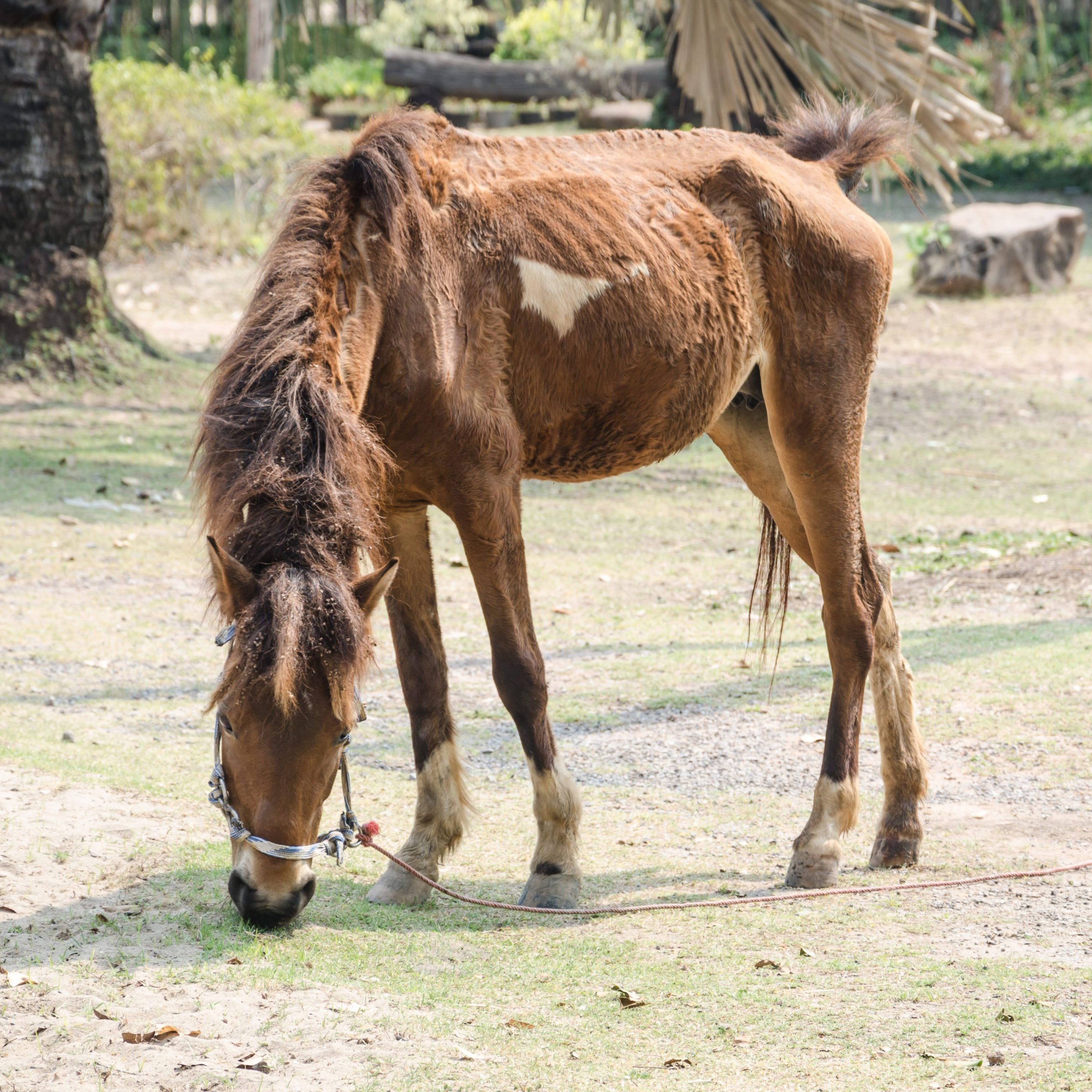Featured
Equine Respiratory Infections and Shipping Fever
Equine respiratory infections affect the breathing, feeding and performance of horses. Common signs of a respiratory infection include a cough, runny nose, fever and depressed or listless behavior. Diseases of the respiratory tract are common in winter, spring and fall.
Similarly, shipping fever can occur due to a horse’s lungs being damaged during a long trip. The risk of this damage increases with the length of the trip and, in some cases, the damage could be fatal. Below are some important details about equine respiratory infections and shipping fever.
What Are Equine Respiratory Infections?
Respiratory infections are diseases that affect the condition and functions of the respiratory system. Some affect the upper airways while others affect the lower airways. Diseases that affect the lower respiratory tract are caused mainly by viral or bacterial infection, while those affecting the upper airway are usually mechanical in nature. Common respiratory diseases in horses include:
- Equine influenza or flu: The symptoms of equine flu include a dry cough, fever, enlargement of lymph nodes, discharge from eyes and nostrils, depression and loss of appetite.
- Strangles: Symptoms of strangles may include sudden fever, thick nasal discharge, lack of appetite, difficulty swallowing, severe swelling of the lymph nodes and depression.
- Heaves: This condition is properly called Recurrent Airway Obstruction. Also known as Equine Asthma, Heaves is caused by exposure to moldy, dusty or poorly cured feeds. It can also be brought about by poor stable ventilation and undue stable confinement. Its symptoms include a chronic cough, nasal discharge, elevated respiratory rate, flared nostrils, depression and exercise intolerance.
What Is Shipping Fever?
Shipping fever is essentially a combination of lung and pleural cavity infections. The infection of the lungs is known as pneumonia, while that of the pleural cavity is called pleuritis.
What Causes Equine Respiratory Infections?
Most respiratory infections in horses are contagious, so horses can contract this condition through the germs released by an infected horse when it coughs. For example, equine influenza can be transmitted by inhaling air that has the virus or by contact with contaminated items like clothing and brushes.
Strangles is a contagious disease that spreads easily due to the fact that some carriers appear healthy. The discharge from a carrier or a horse that is recovering is usually a major source of infection.
What Causes Shipping Fever?
Shipping fever occurs because the stress from long travel compromises the natural immunity of a horse. When the horse has shipping fever, fluid builds up in the lungs and pleural cavity. The horse will be in pain and resist movement. Keeping the horse’s head in the same position for a long time without the opportunity for the horse to stretch its legs and move around can lead to a buildup of fluid.
How to Prevent Respiratory Infection and Fever While Hauling Horses
All long-distance travel can cause shipping fever in horses, but you can reduce the risk of respiratory infections and shipping fever during traveling by:
- Taking frequent breaks: This step gives the horse a chance to move out of the trailer and exercise its legs. The lungs will expand, and fluid won’t accumulate in them.
- Provide adequate water: Many horses become dehydrating during travel, opening them up to infection.
- Administering a dose of Zesterra®: Zesterra® is a natural immune booster. It helps to neutralize the excess gastric acid released due to stress. It also encourages the growth of beneficial microbes, while improving their appetite and ability to eat and drink immediately after the trip.
Discover How Zesterra® Helps Prevent the Conditions That Lead to Respiratory Infection
Zesterra® is an all-natural supplement used by many performance horse owners to help balance the stomach’s pH, which can affect the contraction of various respiratory ailments in horses. Find out more about this unique supplement on our product page.




